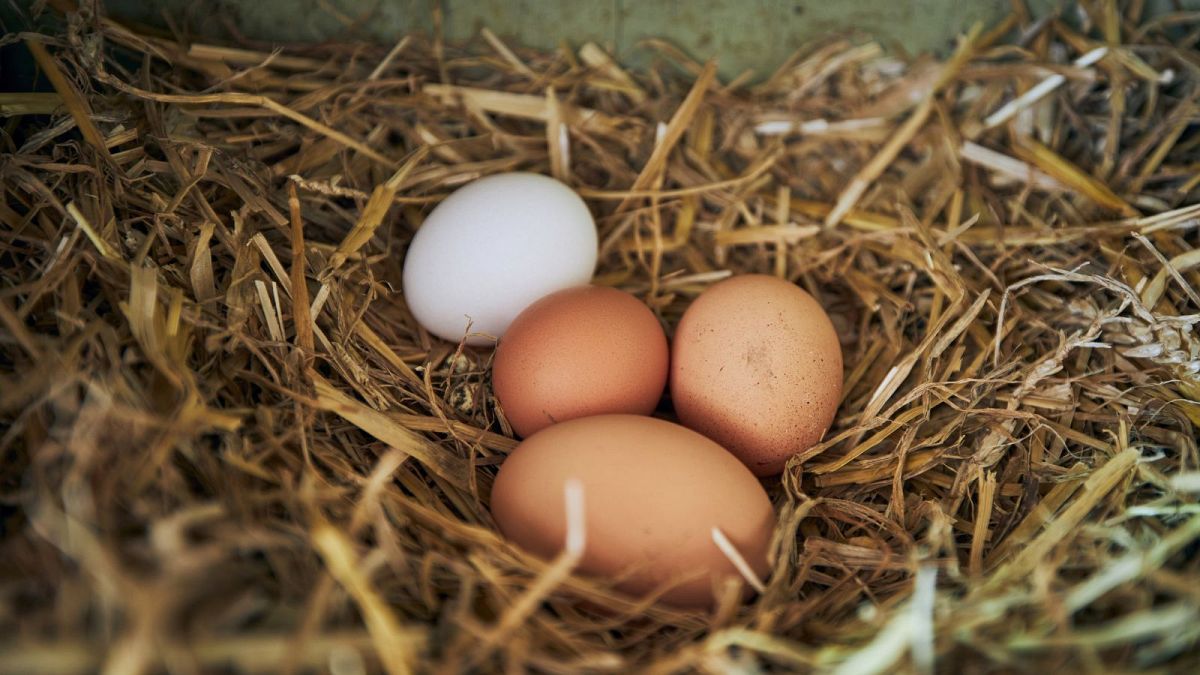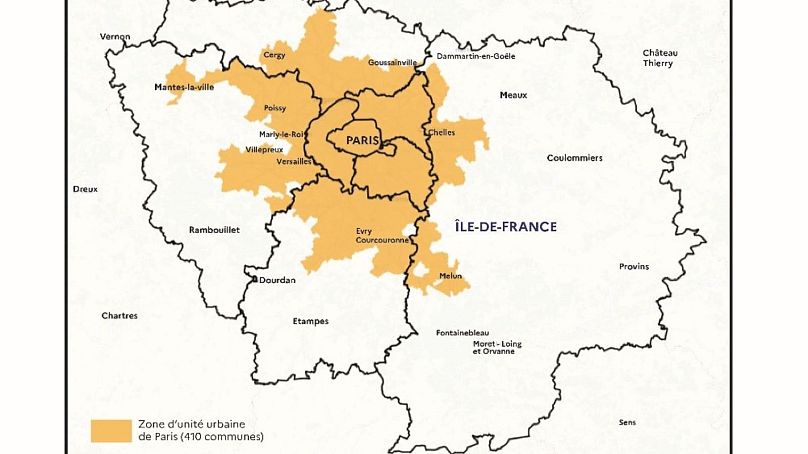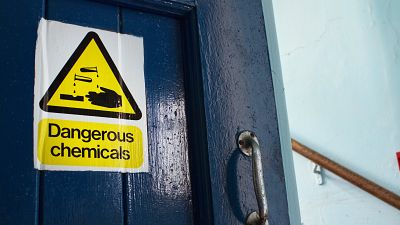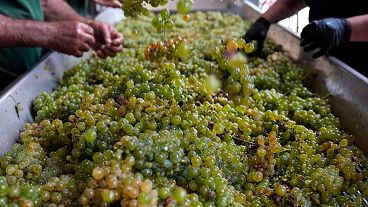Scientists say that hens foraging on polluted soil is the root cause of the problem.
French health authorities have reiterated warnings to millions of residents not to eat eggs from domestic coops in the Île de France region.
The warning comes after a new study confirmed that soil and eggs are contaminated by forever chemicals and toxins.
A precautionary warning first came in February 2022 for certain areas of the region. This was then expanded to the whole region in May 2023 following a preliminary investigation. The results of that study were confirmed and released this week leading the authority to confirm its warning.
It covers the 410 municipalities which make up the urban area of Paris. This includes Paris, all the municipalities of Seine-Saint-Denis, Hauts-de-Seine, Val-de-Marne, certain municipalities of Seine-et-Marne, Yvelines, Essonne and Val-d'Oise.
Tests by ToxicoWatch Foundation in 2022 found very high levels of dioxins in domestic backyard chicken coops near the largest waste incinerator in Europe, located in Paris. Authorities have now carried out their own research in 25 hen houses and confirmed their initial warning.
There is "ubiquitous [widespread] contamination of soil and eggs from domestic chicken farms in Paris and the inner suburbs by persistent organic pollutants [POPs]" such as dioxins, furans, polychlorinated biphenyls and per- and polyfluoroalkyl substances (known as PFAS or forever chemicals), the agency explains in a press release.
What are PFAS or ‘forever chemicals’?
Per- or poly-fluorinated alkyl substances (PFAS) is the name given to thousands of complex man-made chemicals. They are used in everything from non-stick frying pans to toiletries, food packaging and firefighting foams.
They have been a threat to public health since the 1950s when the number of uses, names and applications for this group of chemicals quickly began to grow.
PFAS are known as forever chemicals because they persist in the environment for an incredibly long time.
They have chains of linked carbon and fluorine atoms. Because this carbon to fluorine bond is one of the strongest there is, some chemicals won’t break down for more than 1,000 years.
How much exposure to PFAS leads to problems?
According to the French health authority, regular consumption "several times a week for several years" leads to "a potential endocrine disrupting effect that can initiate chronic diseases and affect the development of reproductive and immune functions".
Previous research has linked PFAS to a weaker response to vaccines and an increased risk of certain types of cancer, particularly kidney and testicular cancer.
Why is the warning only for homegrown eggs?
The French health authority says that as the new study only examined non-professional hen houses its recommendation can only apply to them.
“The hens are generally kept for longer than on a professional farm, where the aim is to maximise yield,” it says. “The accumulation of persistent organic pollutants increases with the length of exposure. For example, a hen that has been in the henhouse for several years is more likely to be contaminated than one that has only been there for a few months.”
It also adds that commercial eggs are subject to checks to ensure that they comply with European regulations.
What should be done to combat forever chemicals in eggs?
In one of ToxicoWatch’s latest biomonitoring reports, the Dutch foundation says that “banning the consumption of backyard chicken eggs, as an answer to the results of the biomonitoring study on dioxin emissions, is not addressing the real cause of dioxin pollution.”
It says that backyard chickens forage outside on the soil, eating plants and insects. Therefore, it is not an egg problem, but an environmental contamination problem from the toxic industrial emissions in our environment.
It adds: “Further research is needed to know how the source(s) of dioxin and PFAS contaminations can reduce the toxic load in the environment by real sound management for the benefit of human and environmental health as a sustainable solution."




